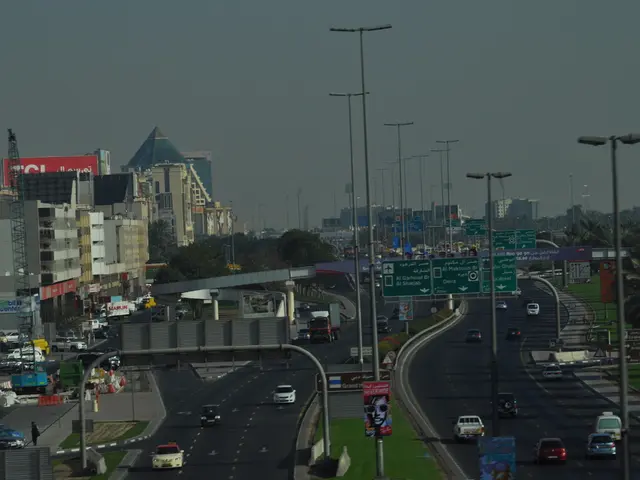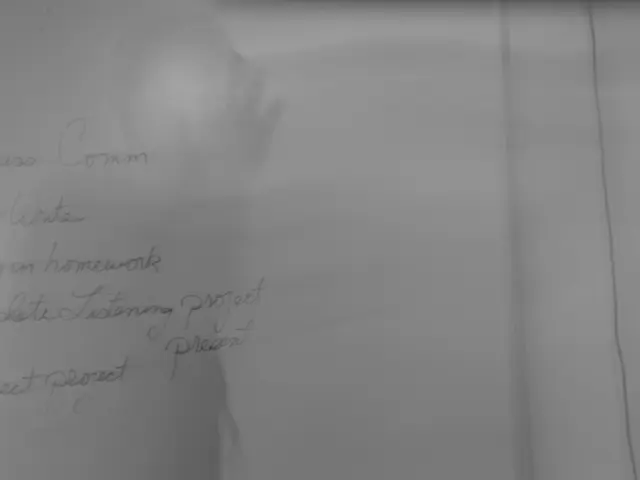Federal Courts and the Saga of World War II Japanese American Internment
In the tumultuous years of World War II, several significant court cases emerged, challenging the U.S. government's treatment of Japanese Americans. These cases, focusing on issues such as curfews, exclusion orders, and detention, shed light on the legal battles faced by the community during this period.
The first case, **Yasui v. United States** (1943), saw Minoru Yasui challenging the military curfew applied to Japanese Americans, arguing it was unconstitutional. Despite the Supreme Court upholding Yasui's conviction, the court corrected an error stating Yasui's employment at a consulate was not a renunciation of citizenship.
Simultaneously, **Hirabayashi v. United States** was heard alongside Yasui's case. Gordon Hirabayashi challenged both the curfew and the exclusion orders. The Supreme Court upheld the curfew in a unanimous decision, supporting the military's authority to enforce it. However, the exclusion orders were not addressed in this case, as they were later challenged in *Korematsu v. United States*.
Fred Korematsu contested the constitutionality of the exclusion orders under Executive Order 9066 in the case of **Korematsu v. United States** (1944). In a 6-3 decision, the Supreme Court ruled that the exclusion orders were constitutional, citing military necessity. However, it did not address the issue of incarceration without due process.
A significant turning point came with the case of **Ex parte Endo** (1944), where Mitsuye Endo, a Japanese American citizen, petitioned for her release from an internment camp, arguing that loyal citizens could not be detained indefinitely. The Supreme Court ruled that the government could not detain citizens deemed loyal without charges, effectively ending the legal basis for internment and leading to the closure of the camps.
These cases highlight the legal challenges faced by Japanese Americans during World War II, along with the shifting judicial attitudes towards civil liberties during wartime. The Supreme Court case **Korematsu v. United States** (1944) upheld the compulsory exclusion of citizens during times of war, but the charges were vacated in the 1980s.
The post-war redress movement sought large-scale financial compensation for lost property, public recognition, and an apology for the forced removal and confinement. The passage of the Civil Liberties Act in 1988 eventually provided reparations to camp survivors who were U.S. citizens and permanent residents.
Despite these historical milestones, the fight for justice and equal compensation continues for Japanese Latin Americans who were interned and faced unique challenges in their pursuit of justice. Their struggle, which began with test suits filed in 1946, continues to this day.
References: [1] https://www.history.com/news/yasui-hirabayashi-korematsu-japanese-american-internment [2] https://www.history.com/news/ex-parte-mitsuye-endo-japanese-american-internment [3] https://www.nps.gov/articles/korematsu-v-united-states.htm
- In the realm of education and self-development, studying the court cases of Yasui, Hirabayashi, Korematsu, and Endo provides valuable insights into the legal battles faced by Japanese Americans during World War II, highlighting their resilience and fight for justice.
- According to general news sources, the post-war redress movement not only secured financial compensation but also public recognition and an apology for Japanese Americans who were interned, with the Civil Liberties Act of 1988 marking a significant milestone in their quest for justice.
- Though Japanese Americans have achieved notable legal victories in their struggle for justice, there are still lingering issues, as seen in the ongoing fight for equal compensation for Japanese Latin Americans who faced unique challenges in their pursuit of justice following World War II.




